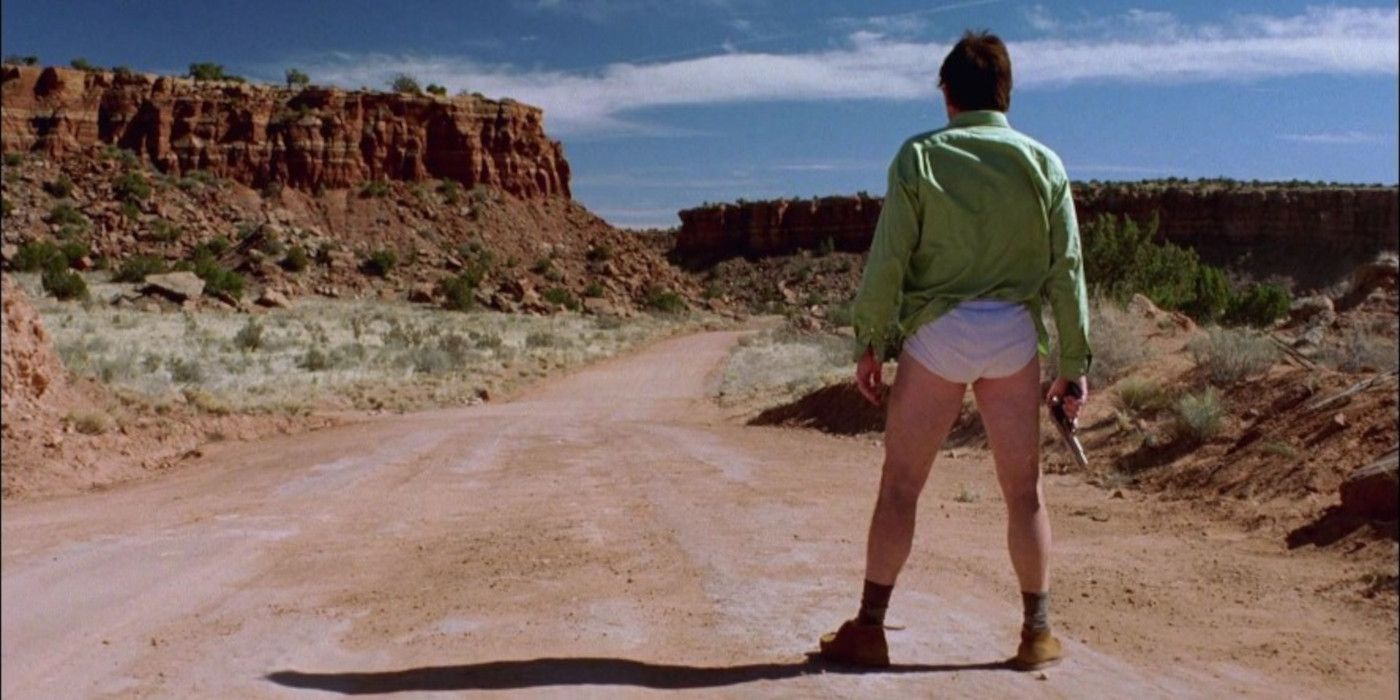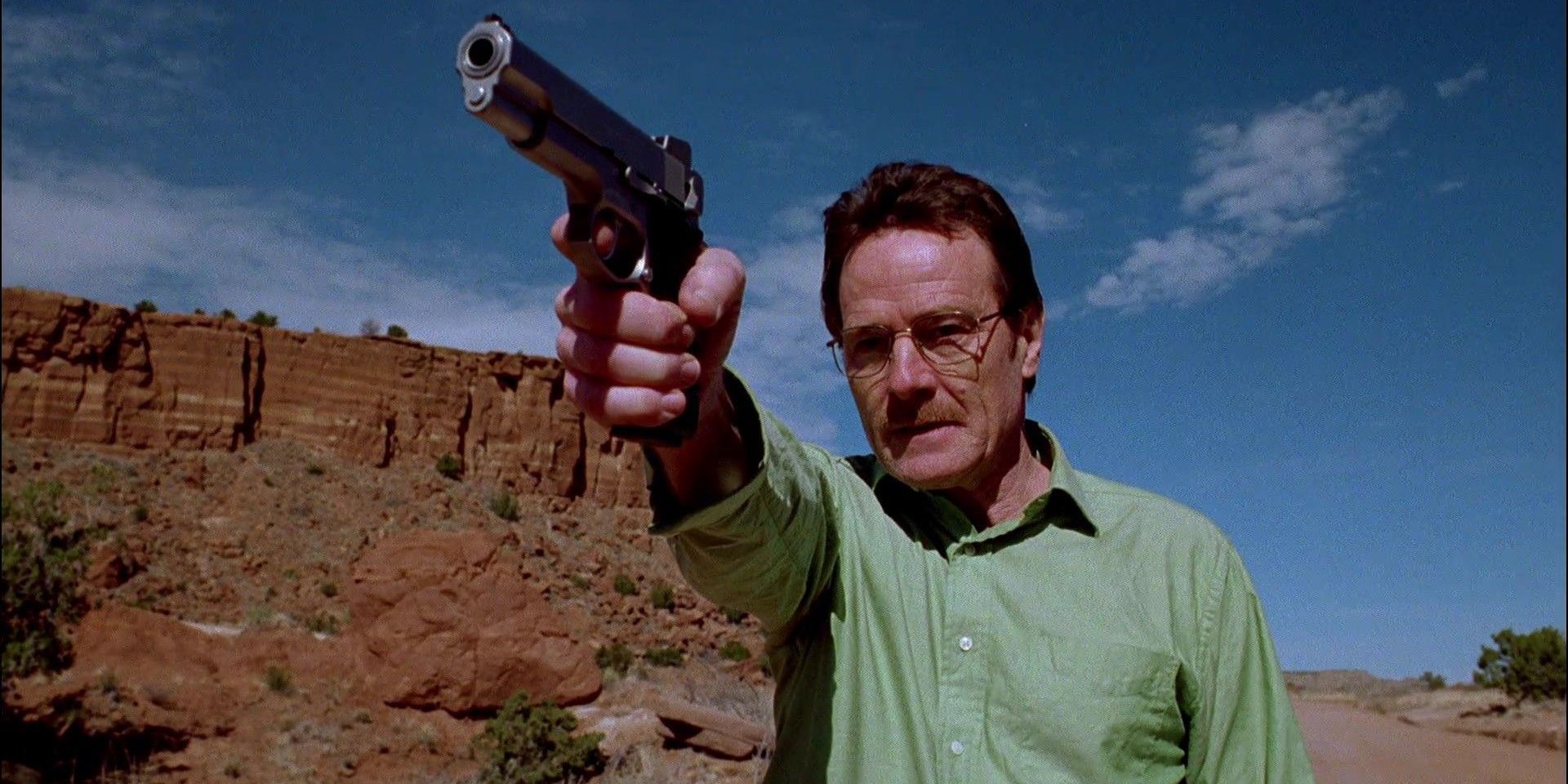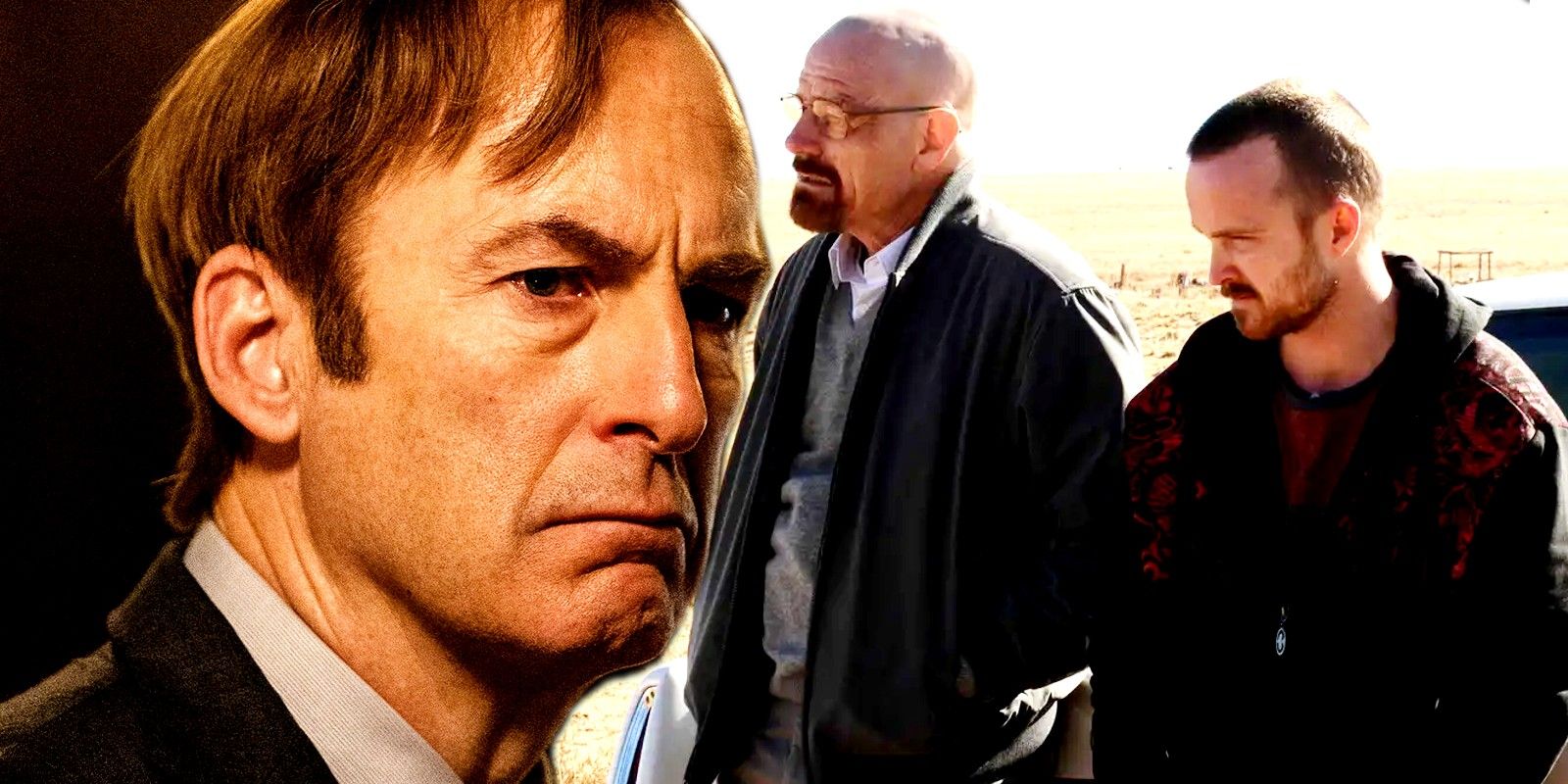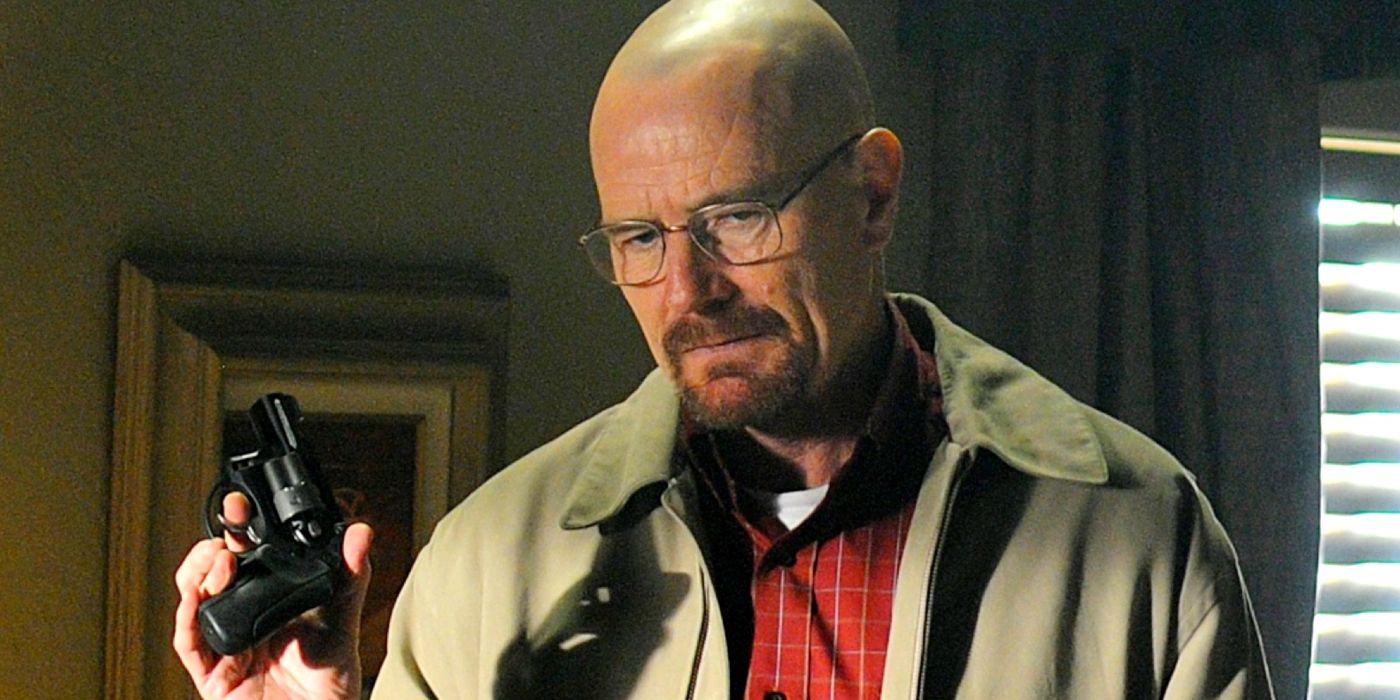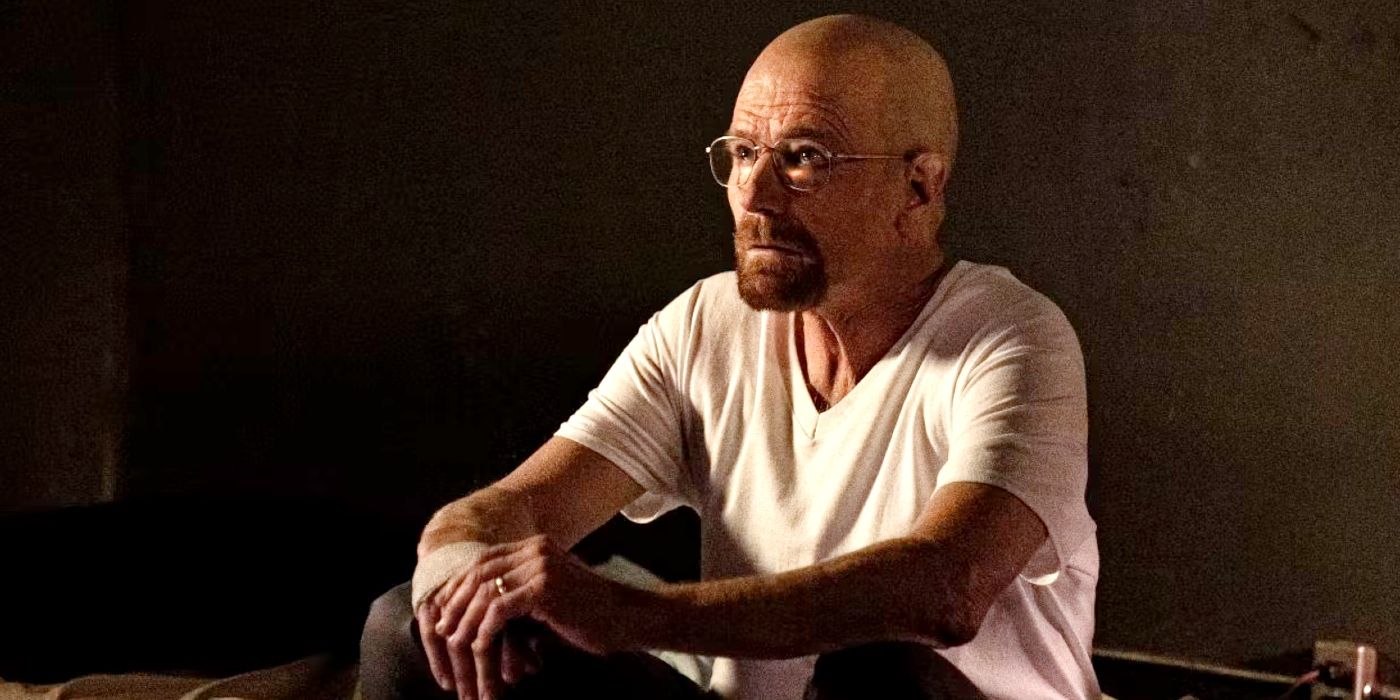
Why Breaking Bad's Underpants Moment is Surprisingly Genius for Walter White's Character!

Unraveling the Enigma: Analyzing the Contradictions of Walter White's Underpants Scene in Breaking Bad's Pilot Episode - Does this seemingly incongruous moment hold hidden significance?
The pilot episode of Breaking Bad features a memorable moment: Walter White emerges from his RV, which is now a meth lab, brandishing a gun and wearing only white underpants. He holds up the gun in response to distant sirens, giving the impression that he is prepared to confront law enforcement. However, this situation never unfolds as Walt soon realizes that the sirens belong to a firetruck, indicating that he is not being pursued by anyone, including Jesse Pinkman.
Although Walt does not use his gun in the Breaking Bad pilot, one can't help but wonder what he would have done if actual police officers had arrived. His intentions become apparent as soon as he raises the weapon. Nevertheless, it is difficult to imagine Walt actually shooting anyone, especially law enforcement, at this early stage of his journey.
Walt's Underpants Gun Scene Doesn't Fit His Breaking Bad Story
The underpants scene in Breaking Bad is highly acclaimed, but it doesn't quite align with Walt's character development. Throughout the series, Walt is cautious around the authorities and initially avoids causing harm. This is evident when he struggles with killing Krazy-8 in season 1. It's only when he transforms into Heisenberg that he becomes indifferent to violence and death.
Even as Walt becomes more comfortable with killing for his meth business, he rarely targets law enforcement. In the final season, he goes to great lengths to protect his brother-in-law, Hank, and his partner, Gomez, despite their intentions to expose him. Given this, it's difficult to believe that Walt would have mercilessly shot police officers so soon in the pilot episode of Breaking Bad.
Why Breaking Bad Showed Walt Pointing A Gun Toward Sirens
The iconic underpants scene in Breaking Bad, considering Walt's initial reluctance to kill, can be puzzling. It is possible that the writers intended to portray his desperation when faced with the risk of being caught. At this point, Walt was unfamiliar with hiding evidence or evading law enforcement, so raising the gun may have been an impulsive act without true intent to use it. When one's life is in danger, as Walt felt, they can behave unexpectedly.
Alternatively, this moment may have foreshadowed Walt's eventual downfall. As he transforms into more of an anti-hero, he begins to accept death as an unavoidable part of the meth business. Not only is he willing to eliminate villains like Gus Fring, but he is also content with being complicit in the deaths of characters like Jane Margolis and Mike Ehrmantraut. Perhaps Breaking Bad's pilot episode suggests that there was always a darker side to Walter White, even if it took time for it to fully emerge.
